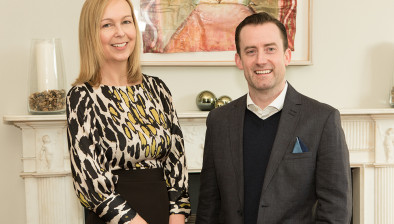High Court identifies ‘legislative lacuna’ around citizenship of children born to same-sex couples

The High Court has identified a “legislative lacuna” around the question of citizenship for children born abroad to one or more Irish parents in a same-sex relationship.
Ms Justice Siobhán Phelan handed down judgment last week in respect of two families whose children were refused Irish passports in circumstances where they were born abroad to same-sex couples relying on donor-assisted human reproduction (DAHR) procedures.
In the case of one of the families, anonymised as X, the parent who is an Irish citizen was neither the gestational mother nor the biological father of the child. In the other family, Y, the biological or genetic mother of the child is an Irish citizen.
Both families were represented by Dublin firm Gibson & Associates.
A central issue in the case was the interpretation of “parent” under section 7(1) of the Irish Nationality and Citizenship Act 1956.
In her judgment, published online yesterday, Ms Justice Phelan said in respect of the Y family that the minister for foreign affairs had “erred” in construing the section as excluding the genetic mother of a child recognised as a parent of that child in accordance with the law of their place of domicile.
However, she rejected arguments advanced in respect of the X family that the same section could also apply to “non-genetic, non-gestational parents”.
By making such a finding, Ms Justice Phelan said she “would be straying beyond the interpretative role of a judge under the Constitution into the area of law-making in breach of the proper parameters set by the separation of powers doctrine”.
Nonetheless, the judge warned that the court’s “tolerance of legislative delays in providing for recognition of parents and children in a manner which properly respects and vindicates their identity and familial relationships is not infinite”.
“In a different case where evidence of real impact is demonstrated without sufficient justification coupled with ongoing legislative inertia, the balance may well be tipped,” she added.
It is up to the Oireachtas “to cure the identified breach of constitutional rights which flows from the current lacuna in Irish law”, she said.











